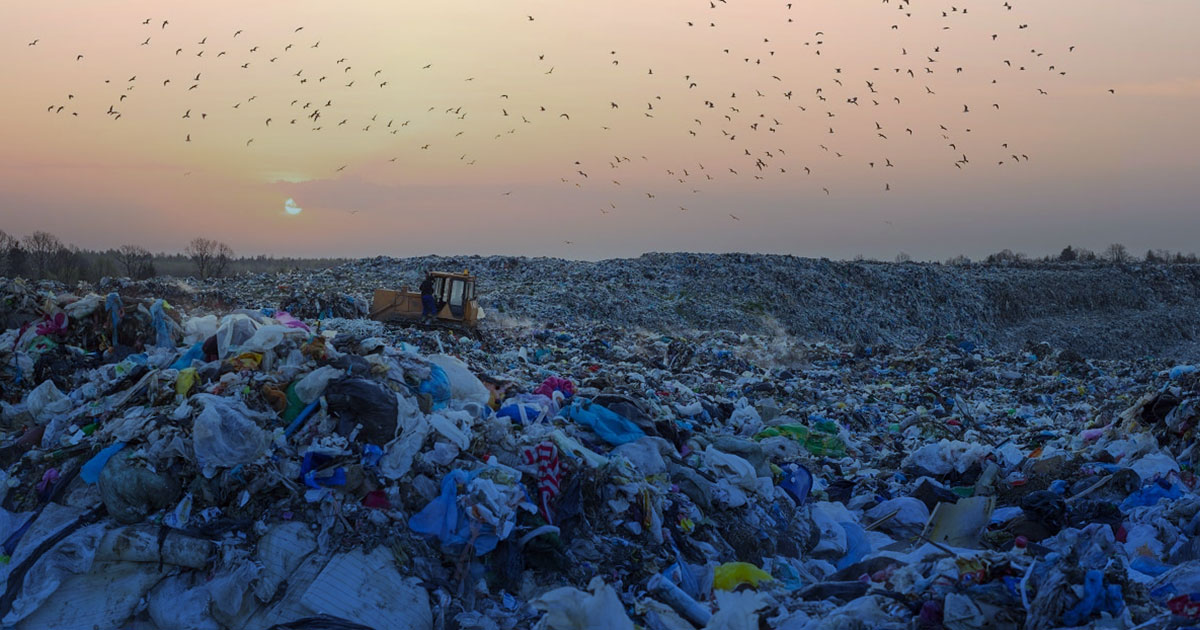
The duty to recycle:
Recycling is essential to achieve the global objective of responsible consumption, and even constitutes a legal duty in many countries, including Costa Rica. Through the consensus of countries, the UN included recycling as one of the activities necessary to meet the sustainable development goals, which seek to end poverty, protect the planet and guarantee peace and prosperity for all people.
Part of what we understand by responsible consumption is the maximum use of the goods and services that are produced; Looking at it another way, it implies minimizing the waste of precious resources that can be used by others.
Therefore, to achieve the global goal of responsible consumption, RECYCLING is essential, which means:
* The transformation of waste.
* To restore its economic and energy value.
* Avoiding its final disposal.
* Provided that the restitution results in savings in energy and raw materials, and the recycled material does not pose a danger to health and the environment.
According to this formal definition, recycling is not considered to be the simple reuse of materials when greater energy and material costs are incurred to do so than would be necessary to produce a product with new raw material.
In many of the countries of the world, recycling is not an option, but rather an obligation imposed by the authorities. From Costa Rica, the law clearly states that all persons who generate or possess waste must:
* Reduce waste generation as much as possible.
* Separate the waste from the source, classify it and deliver it to an authorized manager or municipal system.
* Manage the waste you have in a way that does not endanger the environment or health, or cause visual disturbances or bad odors.
Waste must be separated and classified into the following categories:
* Ordinary: those of a domestic nature, such as paper, plastic, glass, etc.
* Hazardous Waste: that have toxic, radioactive, explosive, flammable and bio-infectious characteristics that can cause damage. Among this type of waste we find: rags impregnated with fuels, used syringes and containers of corrosive material.
* Special Management Waste: those that, due to their composition, transportation needs, storage and use, imply a risk to health or the environment. Examples of them are tires, car batteries and refrigerants.
The regulations on waste impose that the separation and classification of waste must be done from the generating source, this to facilitate the use of recoverable materials, but also to avoid that the mixture of waste of different categories can contaminate others. Thus, it is understood that if a hazardous waste comes into contact with an ordinary waste, the latter acquires dangerous characteristics.
The way to dispose of waste will vary depending on the type of waste. In the case of ordinary type waste, these must be delivered already separated and classified to the Municipality. However, the delivery of these to authorized managers or buyers of used raw material can also be agreed.
Hazardous waste must be delivered to managers specifically authorized to handle the waste in question. The generator that transfers its waste must make sure to record the delivery through delivery-transport-reception manifests, otherwise, it may be responsible for any damage that may be caused by possible waste management.
As for special handling waste, each type of waste has its disposal form that can be found in the product instructions or should be consulted at the time of purchase. An example is the case of car tires, which are usually left in the establishments that change them.
It is not surprising that the United Nations Development Program has included among its 17 immediate objectives, the responsible management of waste, since the positive effects that this activity generates for the prevention of diseases and conservation of the environment are undoubted.
However, with the application of responsible consumption measures, other objectives related to economic well-being can also be achieved. A case of success in this matter was achieved in our own organization, which through the reuse of stationery, we have managed to reduce our paper consumption and the accompanying expenses by 80%.